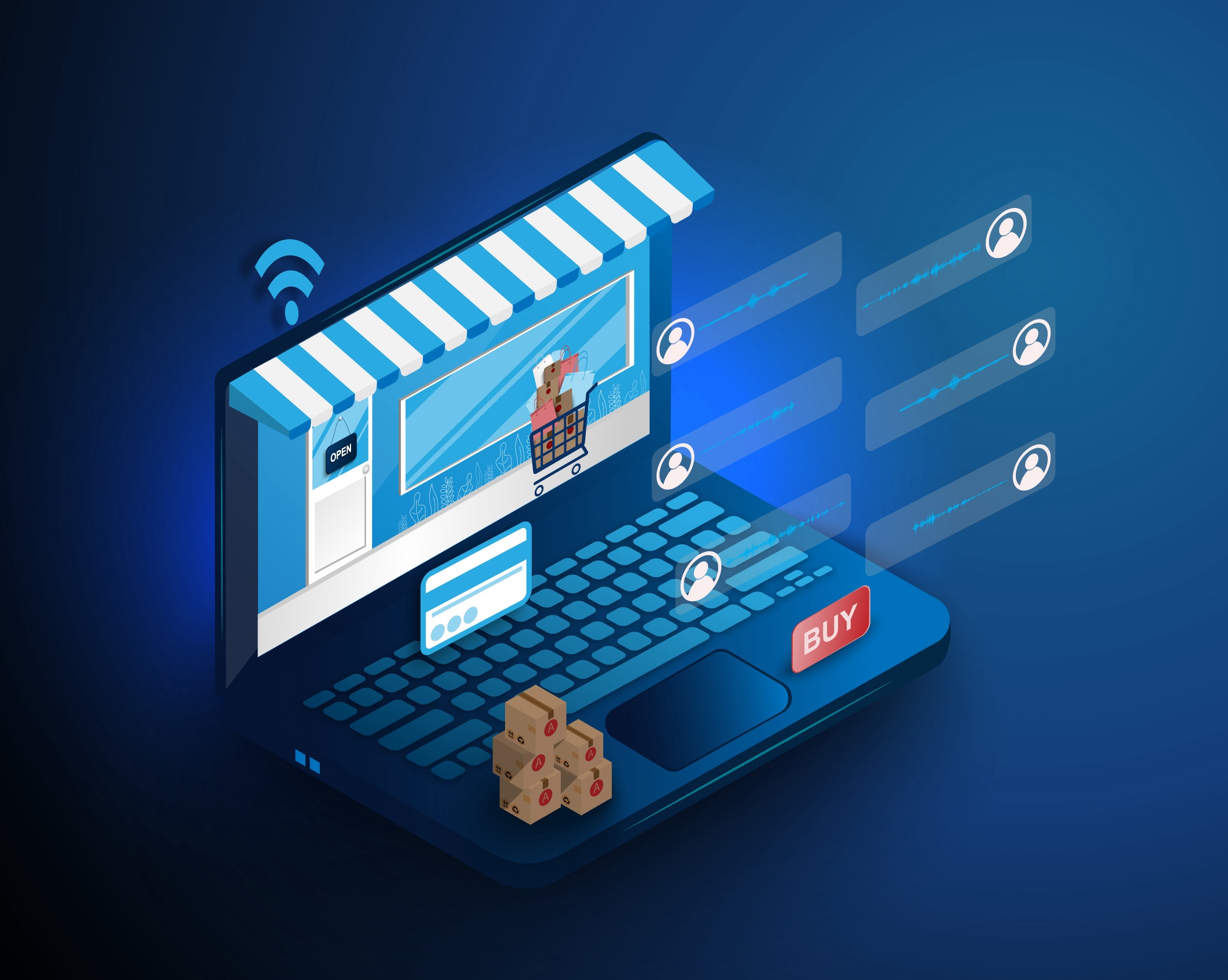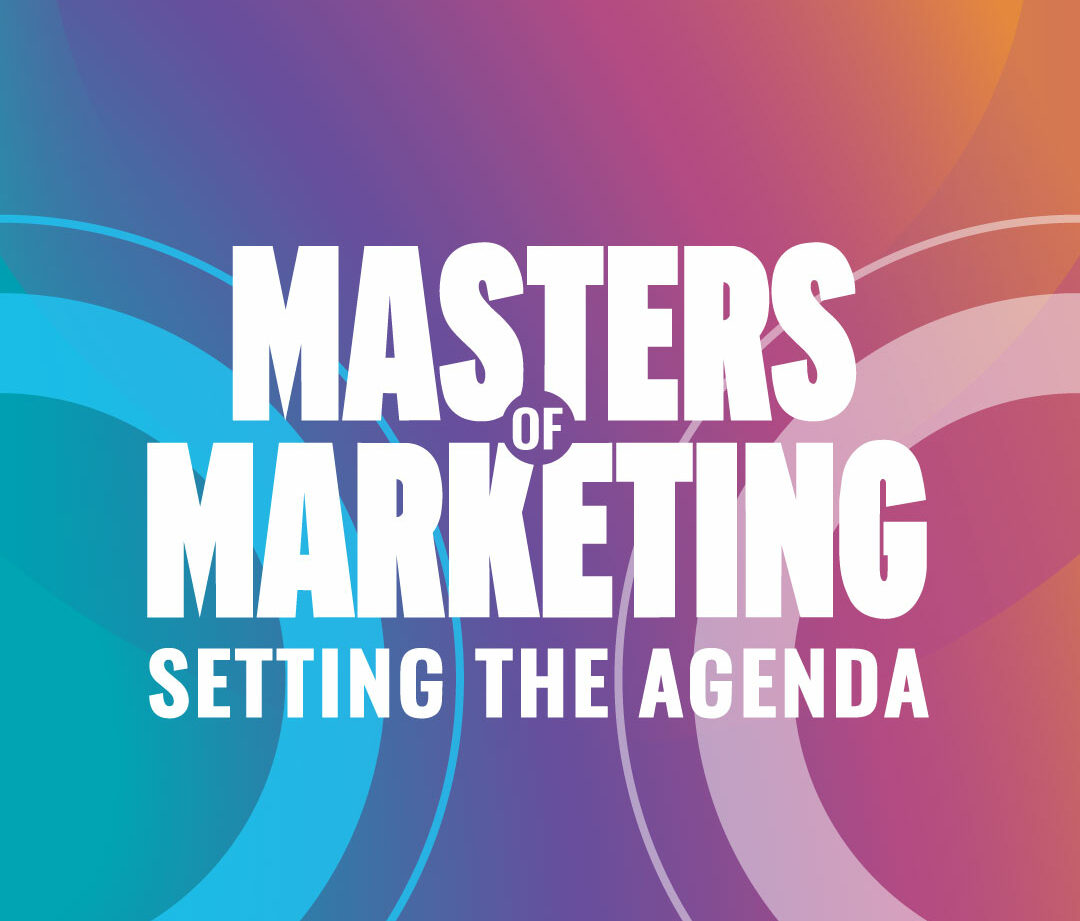The Consumer-Packaged Goods (CPG) industry is undergoing rapid transformation, driven by shifting consumer behaviors. With consumers becoming more cost-conscious than ever and private-label brands surging ahead—growing three times faster than branded products—traditional loyalty and pricing strategies are proving insufficient. For many CPG professionals, it feels like navigating uncharted waters in an increasingly competitive landscape.
However, amid these challenges lies a significant opportunity: leveraging first-party data. Unlike third-party insights, first-party data provides brands with a direct connection to their consumers, enabling tailored strategies that build trust, foster loyalty, and deliver real value.
So, how can CPG brands not just survive but thrive in this evolving environment? How can they decode shifting consumer priorities, outmaneuver private-label competitors, and create strategies that deeply resonate? This article explores the transformative power of first-party data in CPG marketing, offering actionable insights to help brands adapt and drive long-term success.
Why Consumer Behavior Shifts Are Redefining CPG Marketing
Shifting consumer behaviors are pushing brands to prioritize value through loyalty programs and emotional connections. According to NielsenIQ’s 2022 Consumer Outlook survey, 74% of respondents acknowledged changes in their shopping habits, with 30% reporting a complete shift in priorities since 2019. These insights underscore the critical need for brands to adapt their marketing strategies to meet evolving consumer demands.
Private label brands are gaining significant momentum by offering both affordability and quality, striking a chord with today’s value-driven shoppers. Consumers are prioritizing value without compromising on quality. To remain competitive in this landscape, brands must go beyond traditional loyalty drivers and focus on strategies that emphasize value, foster emotional connections, and deliver personalized experiences.

How First-Party Data Transforms CPG Marketing into a Competitive Advantage
Unlike third-party data, first-party data is collected directly from your consumers, offering unparalleled accuracy and relevance. At Response Media, leveraging first-party data is a cornerstone of our approach to helping brands build lasting consumer relationships. We specialize in helping brands develop smarter, more effective marketing strategies with expertise in using first-party data in CPG marketing to drive success.
Here’s how first-party data creates value for brands:
Create tailored experiences:
Data can help brands customize their approach. For example, they can appeal to cost-conscious shoppers with value-driven offers while rewarding loyal customers with exclusive perks or products.
Speak directly to consumers:
With third-party data becoming less reliable due to privacy changes, it’s more important than ever to connect with consumers directly. Personalized emails, app notifications, or even targeted social ads can make shoppers feel seen and valued.
Build emotional connections:
Consumers increasingly value brands that align with their personal values, whether that’s sustainability, community support, or convenience. First-party data helps brands craft messages and campaigns that resonate on a deeper level.
By collecting first-party data through loyalty programs, websites, email campaigns, and apps, brands gain a clear picture of their audience—what they want, how they shop, and what motivates them. This insight drives smarter, more personalized strategies that strengthen consumer relationships and loyalty. For example, Procter & Gamble’s direct-to-consumer efforts leverage first-party data from subscription services to recommend products tailored to their customer’s needs and provide exclusive deals. These types of initiatives not only encourage repeat purchases but also help P&G stand out from private-label competitors.
Importantly, value isn’t just about price. Delivering consistent quality and innovation remains critical. First-party data can also highlight emerging trends, such as the rising demand for eco-friendly packaging, enabling brands to innovate in ways that matter most to their customers.
The Future of CPG Marketing
To thrive in today’s fast-paced market, CPG brands must embrace agility and keep the consumer at the center of every decision. The ability to pivot quickly and respond to changing consumer needs is a hallmark of successful CPG marketing strategies. The key is using data – particularly first-party data to identify trends, understand shifting preferences, and adjust strategies quickly.

“It’s not just about knowing what consumers want now; it’s about staying a step ahead to anticipate what they’ll want next. As market dynamics evolve, the brands that leverage actionable insights to innovate and personalize their approach will stand out from the competition. “
Key priorities for future success include:
- Consumer-centricity: Keeping the consumer at the heart of every decision ensures relevance and loyalty.
- First-party data integration: Leveraging first-party data helps brands identify trends, anticipate needs, and deliver personalized experiences, providing a competitive edge and consistent value.
- Innovation: Proactively identifying emerging trends and consumer needs helps brands maintain leadership in their category.
By aligning with these principles, CPG brands can move beyond merely surviving challenges and thrive in an increasingly complex market.
Conclusion
The evolving CPG landscape demands smarter, consumer-centric approaches to marketing. By leveraging first-party data, brands can craft strategies that resonate deeply with their audience, drive engagement, and ensure long-term success. As personalization continues to dominate consumer priorities, the brands that adapt quickly will thrive.
Want a full, in-depth analysis? Download our complete white paper to unlock a comprehensive roadmap for CPG marketing success.
Insight Author: Ami Sirlin















